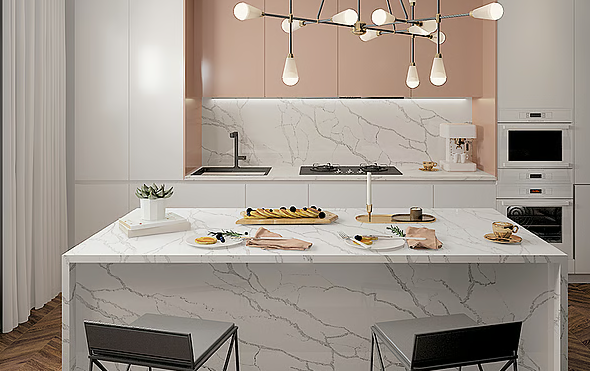Even though granite is known for its strength and beauty, how does it compare to other natural stones in regards to its specific weight? Knowing this trait can assist in selectining the right stone for you, specially in construction and design tasks.
Density in Natural Stones Explained
DensityDensity is an important property that denotes how closely packed the mass of a material is referred to as the volumetric density of a material and is mathematically represented by the ratio of mass to volume in a unit of volume in formulaic terms described as in g/cm³ A denser stone, these types of materials tend to absorb less moisture and can be slightly stronger than lower density material.
Granite’s Density Range
GraniteGranite is a typical kind of felsic natural rock with granular texture, can be broadly used in Responsible fashion accessories, as a result, feldspar, mica and a few other minerals commonly are discovered in granite. the mass of granite vary from 2.65 to 2.75 g/cm³. Businesses choose granite countertops because they are wear-resistant due to their low water absorption rates when compared to other stones. Granite is highly dense in structure, so that it does not absorb stains easily and is highly weather resistant.
Comparison with Marble
Marble is another good material commonly used for building and sculpting, though it is usually not as dense as granite. The density of marble varies from 2.55 to 2.65 g/cm³. Its less dense, making it slightly more prone to scratches and stains however, so not a great option if you are looking to replace or install kitchen countertops or flooring in high traffic areas.

Comparison with Limestone
This a lower density stone comprised of 2.3-2.7 g/cm³ (used in building material and carving subject) than its opposite composition of granite. Limestone is softer and more porous than other natural stones, which means that it is quicker to wear, and more susceptible to weathering, when used outdoors.
Comparison with Sandstone
Amongst common natural stones, sandstone is perhaps the softest and least dense, with figures of 2.2–2.8 g/cm³. It is a highly absorbent material and its porous characteristics mean that if unsealed and not properly maintained it may sustain damage through staining or become weathered.
Impact of Density on Usage
Since a stones density effects its durability and maintenance requirements, it also determines where in your home it should be placed. Granite that is tough and very low in upkeep is good for any counter tops or even outer surfaces walls. On the other hand, sandstone can work well on indoor walls for decoration where the degree of wear and tear is less.
Their superior density makes granite virtually indestructible, while still being able to provide a look that is aesthetically pleasing — an excellent choice for areas requiring durability. Discover more about granito densidad to get detailed insight as to how you get a quality product.